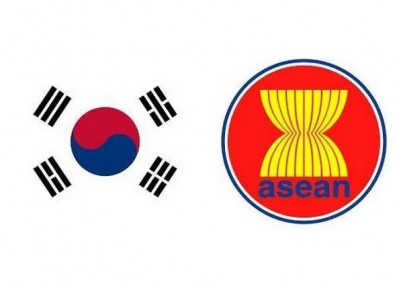The sanitary emergency poses new challenges to gender equality
Gender equality is still an unresolved issue in ASEAN countries: a report from the World Economic Forum shows that, without major changes, it will take another 163 years to close the gender gap in South-East Asia and the Pacific, more than in any other region of the world. Despite significant differences within individual countries (from the Philippines ranked 16th in terms of gender equality, to Myanmar occupying the 114th position), this report sheds light on the gender inequality that characterizes the majority of ASEAN countries.
With the advent of the Covid-19 pandemic and of its consequences, these barriers to women’s empowerment have become even stronger. As reported by UN Women, in the Asia-Pacific region, women had to take on greater domestic responsibilities during the lockdown, including child care and assistance to the elderly. Because of this, not only women have been more exposed to the virus, but also domestic inequalities have worsened; having to take care of the family and of household chores, women have had less time to work, differently from their male counterparts. Moreover, in ASEAN countries the health sector is characterized by a wide pay gap between men and women, as well as by a low representation of women in decision-making positions. Although more than 80% of nurses and health assistants in the front line in the fight against the virus are women, men occupy 72% of top positions in health leadership, and receive higher remuneration compared to their female colleagues.
Nevertheless, the Covid-19 pandemic has also resulted in changes and potential opportunities for the women of the region. The transition to the digital economy, and the massive increase in the use of e-commerce and online communication platforms, opened a sector in which women can become entrepreneurs and increase their participation in the economy. For example, the rapid growth of e-commerce in Indonesia has fostered female entrepreneurship. To facilitate women’s entry into this sector, ASEAN countries should develop policies aimed at reducing the digital gap between genders. A number of social and institutional initiatives that promote the viewing of women as key resources for building a sustainable economy also encourage greater female empowerment. For example, in Cambodia, women entrepreneurs engaged in sustainable businesses will be able to get financial support for their ideas through the funds of the Women’s Livelihood Bond, a bond series issued by the Impact Investment Exchange.
Despite the obstacles posed by the Covid-19 emergency, ASEAN countries are determined to achieve greater gender equality, by providing useful tools to close the current gender gap. In addition to seeing a greater number of women in leadership positions in 2020, recently the ASEAN Women for Peace Registry convened an online meeting to discuss initiatives to promote the role of women in South-East Asia. This is an occasion that bodes well for the future of gender policies in the region and strengthens the ASEAN’s women hopes.
Article edited by Elena Colonna.






